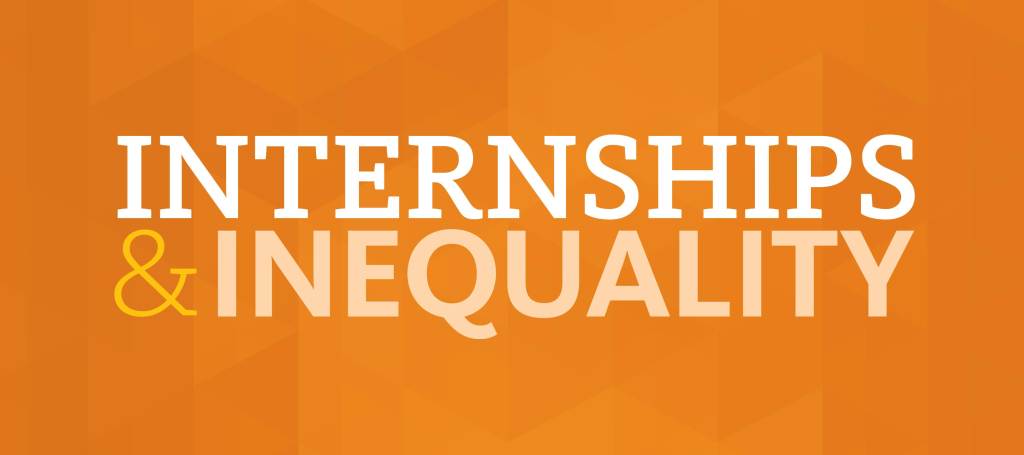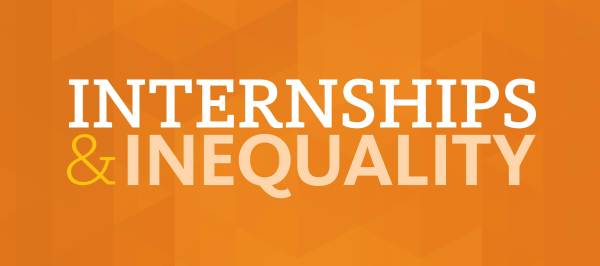
In school, there are only two realms of professional development: You can either get a job, or you can get an internship. To many of my classmates, the word “internship” unlocks a mystical world filled with opportunity and prestige. But too often, it’s an unpaid opportunity only available to those who are privileged—whether financially, academically, or both.
I often hear students boast about the opportunities they have through the professional networks of their parents and relatives. But as a first generation American, and the first person in my family to attend an American university, that was never an experience I could identify with. Regardless of my parents’ efforts to support me throughout my academic career, they weren’t able to help me tap into networks and connect me with professionals. Due to the lack of professional support from their families, first generation students have a harder time finding opportunities, and perhaps even understanding their value themselves.
Not only do my parents lack the material resources to provide me with the ones I need, but they don’t really understand the value of taking on an internship—especially if it is unpaid. To my immigrant parents and many others, an unpaid internship is impractical and a waste of time. I remember how disapproving my parents were about the various unpaid summer internships I did throughout high school: “So, you are spending two hours commuting on the train…to go and work for free?” they would ask.
This disapproval made sense on their end. For their entire lives, they have known the value of hard work and perseverance, but not that of social capital and networking. In their eyes, the right skillset can get you any opportunity you want. But in a world where building connections is everything, that’s not always true.
For first generation students like me, internships provide tools and resources to develop the professional connections we don’t regularly have access to. And paid internships make the difference. For people of all different economic and social classes, paid internships offer the opportunity to prepare for the future without having to sacrifice financial stability. The organizations that offer them are helping to create a more equitable career development system.
Natasha Sharma is a student at Binghamton University, studying human development. She is a summer intern in Talent and Human Resources.


